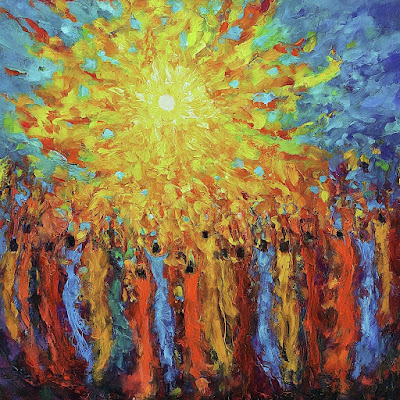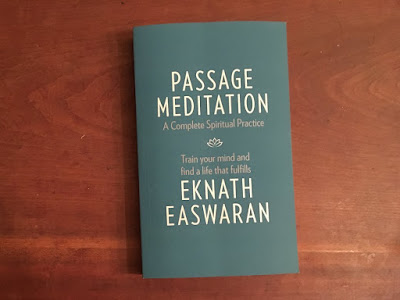This is a sample chapter from my Systematic Theology project "Theology for Thriving". 📎MORE TO THE STORY notes are not part of the main text of the book, but additional resources, charts, or other materials from Biblical Theology class resources.
Matthew 6.5-15 [5] Whenever you pray, do not be like the hypocrites; for they love to stand and pray in the synagogues and at the street corners, so that they may be seen by others. Truly I tell you, they have received their reward. [6] But whenever you pray, go into your room and shut the door and pray to your Father who is in secret; and your Father who sees in secret will reward you. [7] “When you are praying, do not heap up empty phrases as the Gentiles do; for they think that they will be heard because of their many words. [8] Do not be like them, for your Father knows what you need before you ask him. [9] “Pray then in this way: Our Father in heaven, hallowed be your name. [10] Your kingdom come. Your will be done, on earth as it is in heaven. [11] Give us this day our daily bread. [12] And forgive us our debts, as we also have forgiven our debtors. [13] And do not bring us to the time of trial, but rescue us from the evil one. [14] For if you forgive others their trespasses, your heavenly Father will also forgive you; [15] but if you do not forgive others, neither will your Father forgive your trespasses.
















